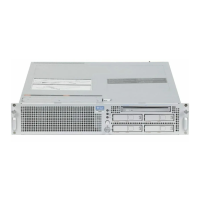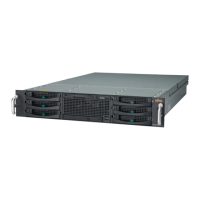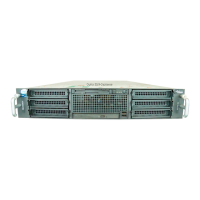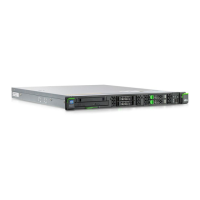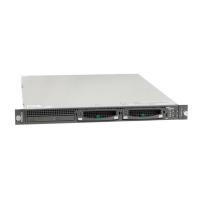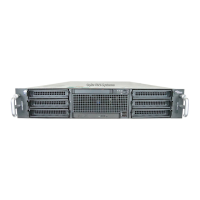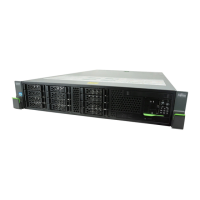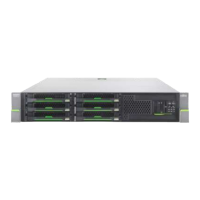Disk Usage Overview Home Page
180 U41840-J-Z125-7-76
I
When disk capacity is low, target replication to the system is paused (see
"Replication Service" on page 385). In addition, space reclamation is
automatically started to free up disk space (see "Space Reclamation" on
page 438).
I
For optimal system performance, Fujitsu recommends keeping the amount of
Available Disk Space (free space) at 20% or more.
Click Show More to display additional information:
● Free Space - The disk space that can be used for new deduplicated or non-dedupli-
cated data.
● Reclaimable Space - The disk space that can be used for new deduplicated data. If the
ETERNUS CS800 is configured with non-deduplicated shares, the ETERNUS CS800
will automatically compact reclaimable space to create more free space as needed.
● Used Disk Space - The disk space that already holds data, including deduplicated
data, system metadata, and data not intended for deduplication.
● Deduplicated Data - The amount of data that has been deduplicated.
● Data Not Intended for Deduplication - The amount of data on shares or partitions that
do not have deduplication enabled.
● System Metadata - The amount of disk space used for internal operations of the
system, including system configuration files as well as temporary files created during
replication, space reclamation, and healthchecks.
I
Used disk space includes data that is eligible for space reclamation. Because of
this, it may appear that your system is using more disk space than you expected.
Space is only reclaimed as needed to allow for optimal performance in the event
you need to restore your data.
Figure 118: Disk Usage Overview
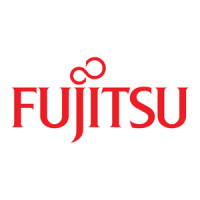
